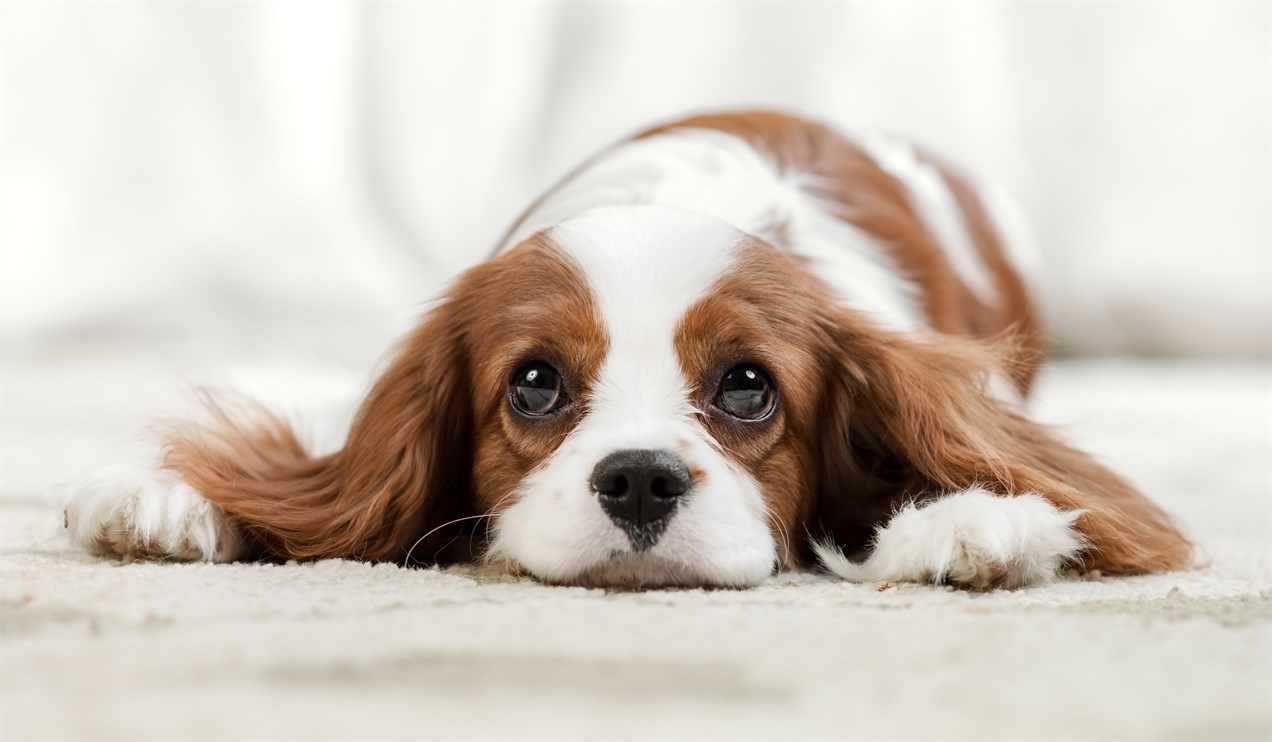Disadvantages of Owning a Cavalier King Charles Spaniel

While Cavalier King Charles Spaniels are wonderful companions and bring joy to many households, like any dog breed, they come with their own set of disadvantages or challenges that prospective owners should be aware of.
Health Issues
Cavaliers are prone to several hereditary health issues, including heart problems (mitral valve disease), neurological conditions (syringomyelia), hip dysplasia, and eye problems. These health concerns can result in substantial veterinary bills and ongoing medical care.
Grooming Requirements
Their long, silky coat requires regular grooming to prevent mats and tangles. This breed is not hypoallergenic, and their shedding can be a concern for allergy sufferers.
Exercise Needs
While they don't require excessive exercise, Cavaliers do need daily physical activity and mental stimulation. Neglecting their exercise needs can lead to obesity and behaviour issues.
Separation Anxiety
Cavaliers are known for their attachment to their owners and can suffer from separation anxiety when left alone for extended periods. This may lead to destructive behaviour or excessive barking.
Fragility
Due to their small size and delicate build, Cavaliers can be more susceptible to injuries, especially when interacting with larger or more active dogs. Care must be taken to prevent rough play that could lead to harm.
Training Challenges
While generally eager to please, Cavaliers can be somewhat stubborn at times, which may require patient and consistent training. Additionally, housetraining may take longer for some individuals.
Lifespan
While Cavaliers have a reasonably long lifespan compared to some breeds, it can be challenging to witness their health decline in their senior years, especially if they develop common breed-specific health issues.
Cost
The initial cost of purchasing or adopting a Cavalier can be relatively high, especially if obtained from a reputable breeder. Additionally, ongoing expenses, including food, grooming, veterinary care, and potential medical treatments, can add up.
Social Needs
Cavaliers thrive on social interaction and may not do well if left alone for extended periods. They require a considerable amount of attention and may not be the best choice for individuals with extremely busy lifestyles.
Allergies
Despite their soft, silky coat, Cavaliers can still trigger allergies in some individuals due to the presence of allergens in their saliva, dander, and urine.
In conclusion, while Cavalier King Charles Spaniels make delightful companions and family pets, they are not without their disadvantages. Prospective owners should carefully consider these challenges, especially the breed's health concerns, grooming needs, and the time and attention required for their well-being. Responsible ownership practises, such as regular veterinary care, training, and socialisation, can help mitigate some of these challenges and ensure a happy and fulfilling life for your beloved Cavalier.
Cavalier King Charles Spaniel puppies for sale
- Find Cavalier King Charles Spaniel puppies for sale in ACT
- Find Cavalier King Charles Spaniel puppies for sale in NSW
- Find Cavalier King Charles Spaniel puppies for sale in NT
- Find Cavalier King Charles Spaniel puppies for sale in QLD
- Find Cavalier King Charles Spaniel puppies for sale in SA
- Find Cavalier King Charles Spaniel puppies for sale in TAS
- Find Cavalier King Charles Spaniel puppies for sale in VIC
- Find Cavalier King Charles Spaniel puppies for sale in WA